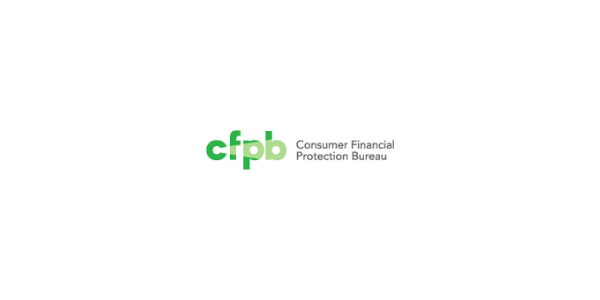Advertisement
New CoreLogic report finds more distress with distressed home sales

CoreLogic, a provider of consumer, financial and property information and business services, has announced the inaugural release of its U.S. Housing and Mortgage Trends report, a bi-monthly research report on housing sales, valuation, negative equity and foreclosure activity and trends. According to the report, distressed sales are at a seven-month low with the decline due primarily to tax credit-induced sales increases. However, with this incentive coming to an end with the expiration of the tax credit, the share of distressed sales is expected to rise in the fall. Distressed sales include real estate-owned (REO) and short sale transactions.
In June, the distressed sale share fell to 24 percent of overall sales, a decline from the peak of 35 percent that occurred in early 2009. The decline was assisted by the increase in non-distressed sales as a result of government-sponsored tax credits, and by the decline in REO sales, which fell to 16 percent following a peak of 24 percent in February of this year. As of June 2010, Las Vegas (61 percent) and Riverside (59 percent) continue to lead the nation in distressed sales for the largest 25 metropolitan markets. Phoenix (53 percent), Sacramento (51 percent) and Orlando (50 percent) were the only other markets where distressed sales accounted for the majority of home sales activity. At the other end of the spectrum, Nassau (5 percent) and New York City (eight percent) had the lowest distressed sale share, followed by Baltimore (18 percent), Seattle (19 percent) and Minneapolis (19 percent).
The report explains that with the expiration of the tax credit the distressed sale share is expected to rise moderately during the late summer and become more acute during the fall, when non-distressed seasonal rates begin to decline, further depressing the market. According to the report, in addition to a drop in post-tax-credit sales, negative equity rates will also be a major factor slowing the housing recovery, with nearly one in four homeowners under water and most of those borrowers unable to sell their homes.
In addition to data on non-distressed sales, distressed sales and month's supply of distressed sales, the report provides national, state and top 25 cities data on Home Price Index (HPI), negative equity, 90-plus delinquency, pre-foreclosure filings and auction filings.
The full CoreLogic U.S. Housing and Mortgage Trends report is available by clicking here.
For more information, visit www.corelogic.com.
About the author





